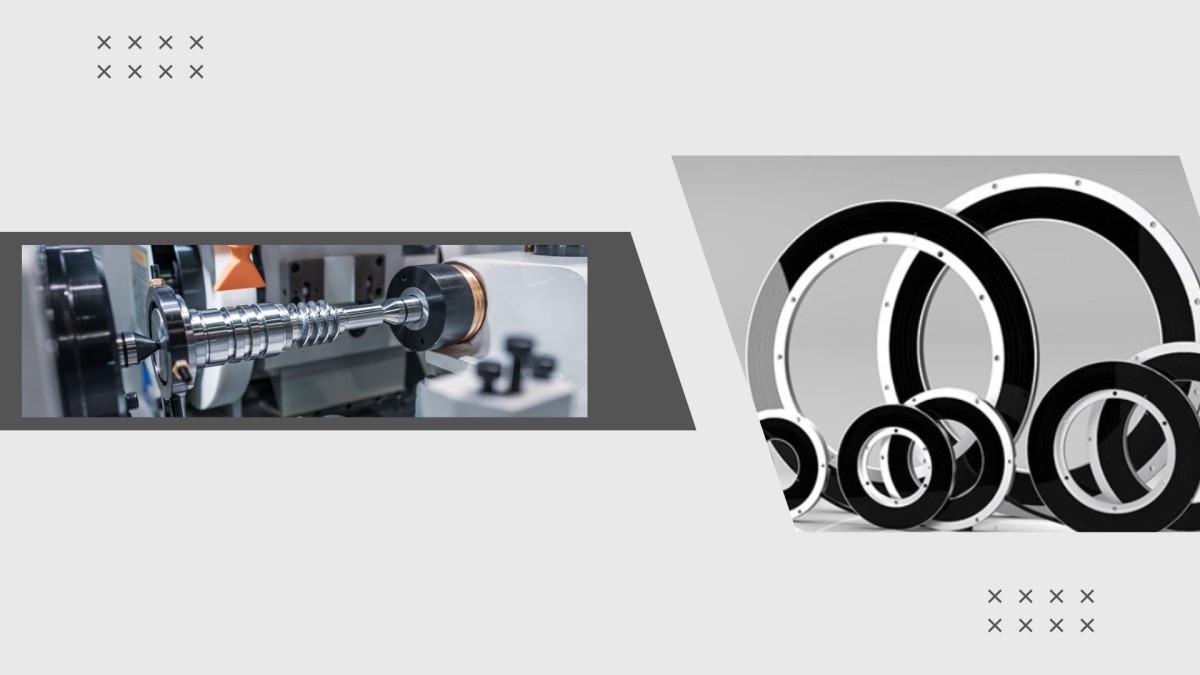Industrial automation encoder is at the forefront of manufacturing innovation. These devices ensure precision, enhance productivity, and enable smarter manufacturing processes. From robotics to high-speed packaging, encoders are revolutionizing how industries operate. This article delves deep into the top five industrial encoders changing the manufacturing game while discussing their features, benefits, and use cases.
What Are Industrial Automation Encoders?
Industrial encoders are essential devices that translate motion or position into electrical signals. They measure parameters like speed, distance, and position, enabling automation systems to function with high precision. Encoders primarily fall into two categories:
- Rotary Encoders: Measure rotational movement.
- Linear Encoders: Track straight-line motion.
Advanced versions often combine connectivity and real-time data monitoring, vital for smart manufacturing environments.
Why Encoders Are Crucial in Manufacturing
Encoders improve industrial processes by delivering:
- Accuracy: Achieving precise control over machinery and processes.
- Reliability: Minimizing errors in high-stakes operations.
- Efficiency: Increasing production speed without sacrificing quality.
Manufacturers rely on encoders to keep processes streamlined, reduce costs, and ensure the safety of operators.
Applications of Industrial Automation Encoders
Encoders find extensive use in:
- Robotics: Guiding robotic arms with unmatched precision.
- Packaging Systems: Ensuring the accurate positioning of materials.
- Assembly Lines: Enabling synchronization in conveyor systems.
CNC Machines: Improving cutting and forming accuracy.
How Encoders Support Smart Manufacturing
Industrial encoders integrate seamlessly into IoT ecosystems, providing real-time performance data to enhance decision-making. Their ability to monitor wear and predict maintenance schedules aligns with Industry 4.0 principles.
Criteria for Choosing an Industrial Encoder
When selecting an encoder, consider:
- Durability: Withstanding harsh conditions in industrial environments.
- Resolution: Ensuring the required precision levels.
- Compatibility: Seamless integration with existing systems.
Connectivity: Options like Ethernet/IP for modern networks.
The Top 5 Industrial Automation Encoders
1. Encoder X: High-Speed Rotary Encoder
Features:
- High-resolution optical technology.
- Advanced signal processing.
Advantages: - Ideal for robotics and automation.
Smooth integration with IoT.
2. Encoder Y: Rugged Linear Encoder
Features:
- Weather-resistant build.
- Advanced magnetic sensing technology.
Advantages: Best for heavy-duty applications in construction or mining equipment.
3. Encoder Z: Multi-Turn Absolute Encoder
Features:
- Measures complex multi-turn rotations.
- Compact, high-density design.
Advantages: Suitable for robotic manufacturing and smart conveyors.
4. Encoder A: Programmable Encoder
Features:
- User-configurable settings for multiple applications.
- Advanced fault detection capabilities.
Advantages: Reduces downtime by integrating seamlessly with multiple platforms.
5. Encoder B: Budget-Friendly Optical Encoder
Features:
- Affordable without compromising quality.
- Simplified installation process.
Advantages: Perfect for startups and small-scale industries.
Case Studies in Manufacturing Efficiency
- Robotic Arm Precision: Company A achieved 30% faster assembly with Encoder Z.
CNC Optimization: Encoder Y enabled a 25% accuracy improvement in cutting.
Future Trends in Industrial Encoders
Emerging technologies include:
- AI-Driven Encoders: Real-time self-calibration and error correction.
Predictive Maintenance Integration: Enhanced lifespan and efficiency.
FAQs on Industrial Automation Encoders
1. What industries use encoders the most?
Manufacturing, robotics, aerospace, and automotive industries frequently use encoders.
2. What's the difference between absolute and incremental encoders?
Absolute encoders provide specific position data, while incremental encoders measure changes in position.
3. Are modern encoders IoT-compatible?
Yes, many encoders come with IoT features for real-time data collection.
4. How do encoders improve operational safety?
They monitor machinery conditions, reducing the risk of accidents.
5. Can encoders work in harsh environments?
Durable encoders are designed for extreme temperatures, dust, and moisture.
6. What is encoder resolution?
Resolution determines how finely an encoder measures motion or position.
Conclusion
Industrial automation encoders are indispensable in today's manufacturing ecosystem. They revolutionize production by delivering precision, enhancing efficiency, and paving the way for smarter factories. By leveraging the top five encoders listed here, manufacturers can unlock unprecedented opportunities for growth and innovation.
INQUIRY NOW

